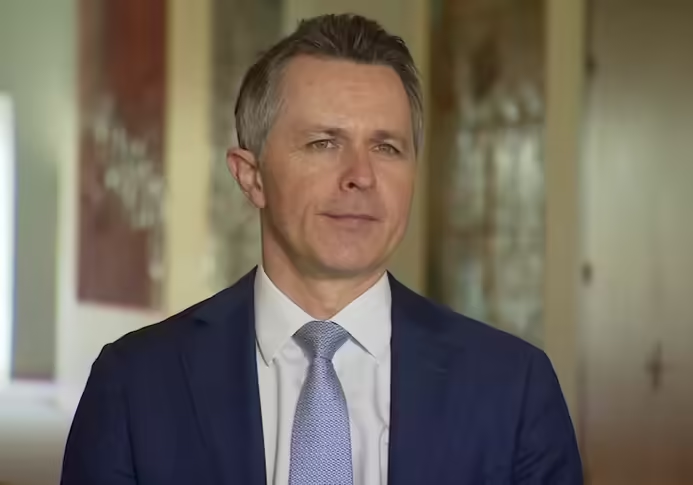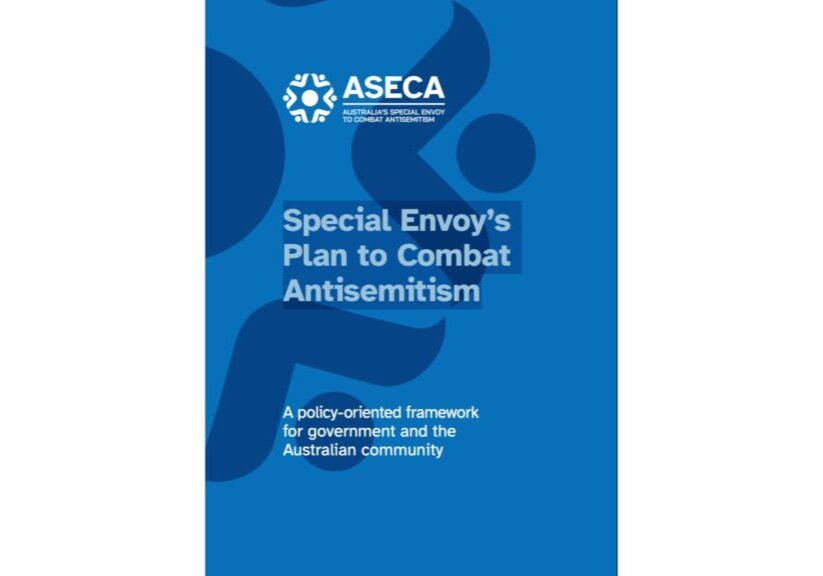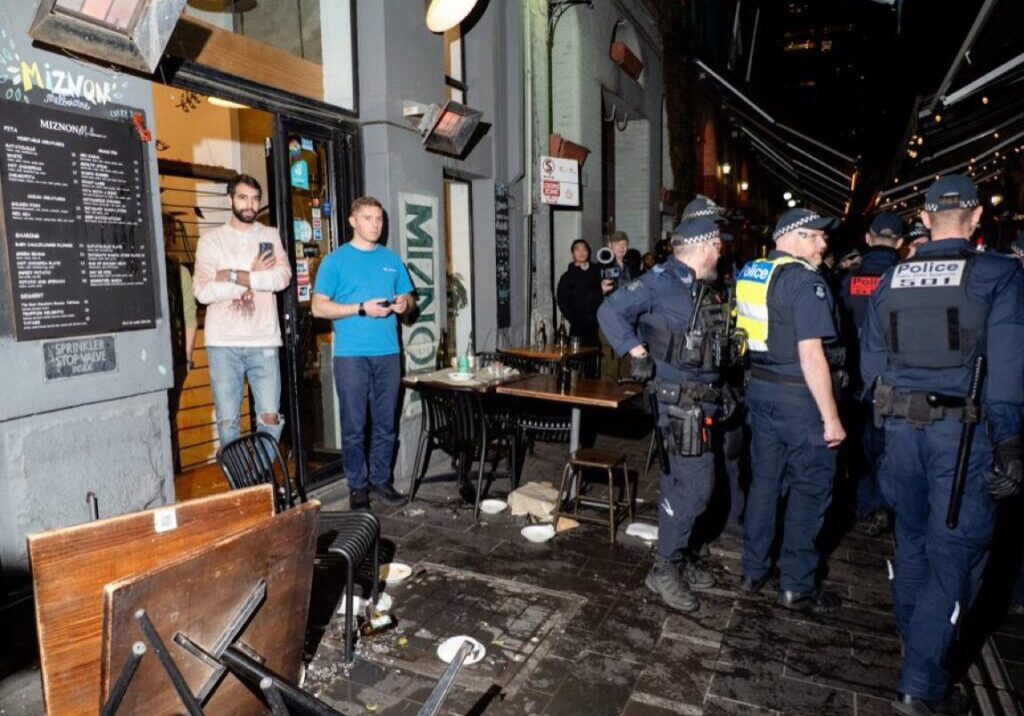Australia/Israel Review
The Last Word: Warm Days in Java
Jul 29, 2008 | Jeremy Jones
Jeremy Jones
As I accepted my invitation to participate in the 2nd World Peace Forum in Jakarta this June, I had in mind a comment made by a participant in the 2006 World Peace Forum, that the environment had been “hostile to Jews, even antisemitic”.
As if to reinforce the challenge facing me, on arrival a past participant in multifaith forums told me that there were people there who “wanted me dead” and were “unimpressed” a Jewish person had been invited to come and speak.
However, encouraging auguries for the conference included past positive encounters with the Chair of the Forum, Din Samuysaddin, and a number of the young activists in his movement, and meetings prior to the formal commencement of the program with young Muslim Indonesians who had interacted with Jews through the Children of Abraham on-line program.
The Forum, co-hosted by Muhammadiyah, the Centre for Dialogue and Cooperation among Civilisations, and the Cheng Ho Multi Culture Trust, brought together a diverse, eclectic and fascinating group of scholars, politicians, diplomats, bureaucrats, religious leaders and community activists.
The nine-person Iranian delegation list included two Ayatollahs and the Asia/Pacific invitees counted many with impressive achievements in dialogue and peace building.
The presence and active participation of the Indonesian President, Deputy President, ministers and parliamentarians, church leaders and human rights activists, business leaders and foreign affairs officials gave the proceedings a level of credibility and seriousness often missing from gatherings of academics and interfaith advocates.
The organisers succeeded in providing a forum where many different ideas, philosophies and visions could be presented for information, consideration and debate.
Some I found offensive – such as the suggestion by one European participant that all the world’s problems were due to “Zionist-controlled America” and a number which posited that peace was the ideal except when it came to Israel, where the only consideration was how to fight for “Palestinian victory”. However, overall they were stimulating and thoughtful.
The most intense debates were on issues such as the long-term prospects for democracy and the extent of religious freedom in Indonesia, and on the failure of leaders of Muslim states to achieve economic or social success. But even “hot” issues were discussed in a calm, dignified manner.
I spoke at the closing plenary session together with a former prime minister of Tunisia, the Egyptian adviser to the Bahrain Centre for Studies and Research, the (Sudanese) Ambassador of the Arab League to China, the British Ambassador and a South Korean MP who runs the Asian Conference on Religions for Peace.
I suggested that genuine human rights advocates do not seek the destruction of Israel but envision an environment where Israelis, Palestinians and others enjoy peaceful coexistence, and that true leadership did not consist of mouthing slogans and clichés but in taking advantage of wisdom from many sources to effect real, positive change.
I also noted the difficult birth of modern Jewish-Christian dialogue, in the shadow of the Nazi genocide of the Jews in Christian Europe, and commended the conference organisers for having the courage of their convictions in inviting me to speak.
Not everyone in the Forum welcomed my comments, but if I had been in a hall full of people who agreed with me I probably would have felt that the time I devoted to the conference could have been better spent elsewhere.
My presence might have enraged some and confused others, but the general reception I received was warm and enthusiastic, particularly from the Indonesians and also the Muslim leaders from South East Asia, some of whom I had met previously through the good offices of Dr. Ameer Ali of Perth.
In most cases they had never before met a Jewish person, but they all had a voracious appetite for knowledge.
To be embraced as a “brother” by leading Islamic intellectuals from Asia and North Africa; to be able to discuss religious freedom with Pacific diplomats and East Asian parliamentarians; and to canvass Middle East peace prospects with delegates from Libya, France, India, East Timor and Egypt in a relaxed yet open manner – these are rare experiences but ones I will savour.
Tags: Antisemitism, Indonesia






